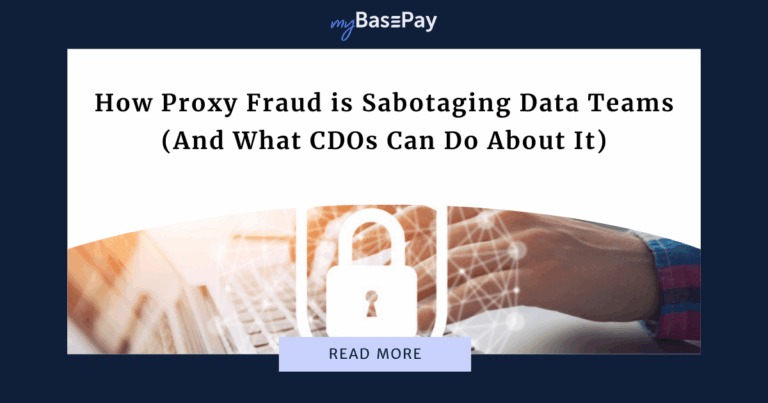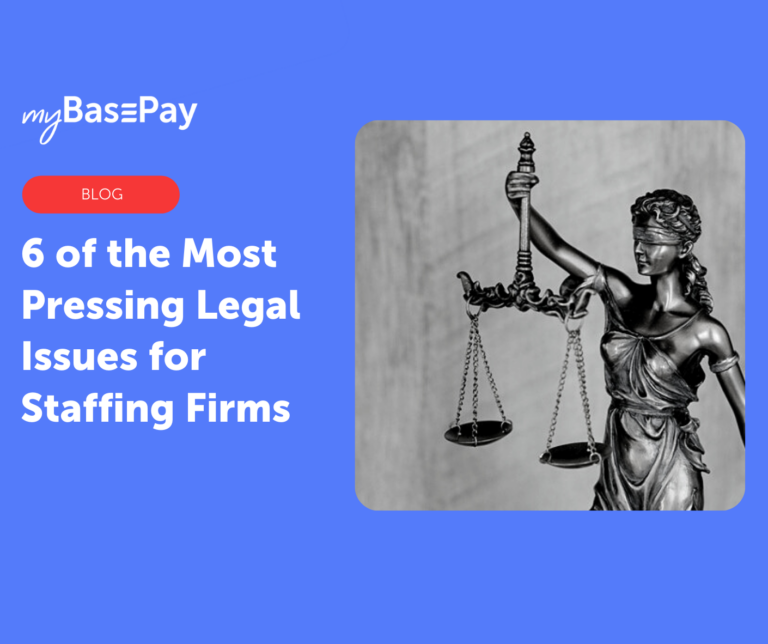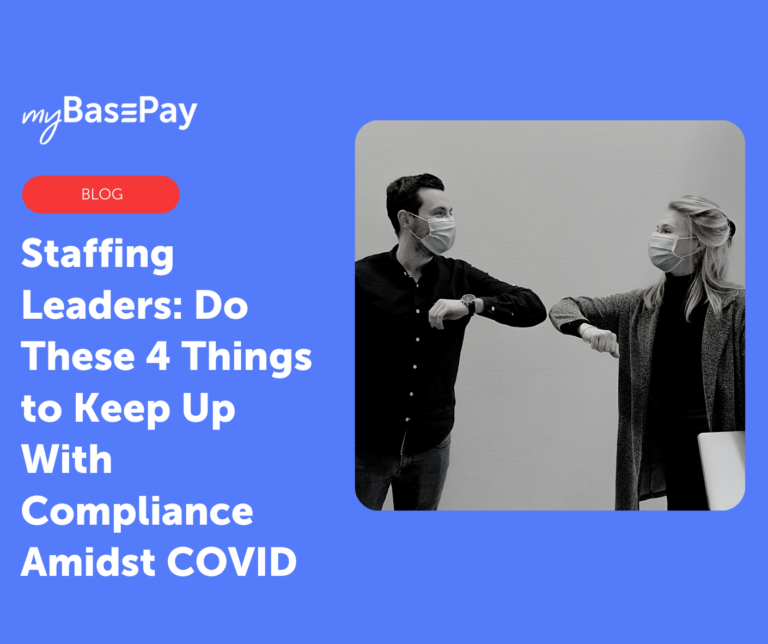5 Reasons Your Business Needs a Payroll Provider for Contracts
Contracts are an essential part of every business. These legally binding agreements influence everything from which service providers you use to how you deliver your own products or services to your own clients.
Contracts may be important with clients and suppliers, but they are even more crucial for your workforce, particularly if you use many contingent workers.
Proper contract management not only keeps contingent workers happy, but it also ensures that your business remains legally compliant with applicable employment laws. Because of this, working with a payroll provider that specializes in contract management is an absolute must for any business.
1. Avoid the Risk of Employee Misclassification
How an employment contract is set up plays a significant role in whether a worker is classified as a full-time employee or a contingent worker. The IRS (Internal Revenue Service) has strict standards regarding the relationship between the parties involved, as well as the level of behavioral and financial control a business has over the hire.
Working with a payroll provider that specializes in contract management helps ensure that contracts are set up in a manner that clearly (and legally) designates whether the relationship qualifies as a full-time employee or contractor, protecting you from fines and other penalties for misclassified workers.
Aside from costly fines that could cause serious harm to your company’s bottom line, preventing misclassification issues also helps your business maintain a positive reputation in the industry and with potential hires.
2. Ensure Payroll Is Processed Properly
Contract management also plays a role in ensuring that payroll is processed correctly. Contract terms with contingent workers outline standards for payment — such as whether payment is granted on a per project basis or hourly. Depending on the work, these contracts may also outline the frequency at which a contingent worker is paid.
Legal requirements for payment frequency, taxes and other financial concerns can vary by country, even for contingent workers. A contract management specialist will ensure that contract terms are adjusted as needed to ensure pay is issued in a fully compliant manner based on each worker’s location.
3. Address Compliance Changes
Laws regarding contingent workers change often. In the United States, California has regularly made the news over the last few years because of updates and challenges to its independent contractor laws.
Most recently, the California Supreme Court upheld a voter-passed piece of legislation that allows app-based drivers to operate as independent contractors as an exception to the state’s strict laws for defining employees and contingent workers. The state also recently increased its penalties for misclassifying independent contractors.
Such changes are not limited to California. The more states and countries you hire talent from, the more regulatory changes there are that could affect your employee contracts. A payroll provider that specializes in contract management will stay up to date on all changes that could affect your contracts and help you adjust as needed so as not to disrupt your business.
4. Ensure Contracts Set Proper Expectations
Contract disputes are all too common between employers and contingent workers. Disputes may arise from a variety of issues, such as the scope of the work, deadlines, pay rate or the conditions under which the contractual agreement may be terminated.
Proper contract management ensures that contracts with contingent workers are written clearly and that sets proper expectations for all parties involved. For example, a contract should clearly state if the working relationship will end after a set period what conditions would result in a renewal or extension of the contract, if applicable. Contracts should also set expectations for work to be delivered and quality expectations.
A well-written contract will cover these and other issues that might result in a dispute with a contingent worker, while also ensuring that the contract is set up in a way that does not risk a contingent worker being legally considered a full-time employee.
5. Deliver a Better Experience for All
Ultimately, working with a payroll provider that specializes in contract management helps deliver a better experience for both businesses and the contingent workers they partner with.
Contingent workers benefit by having clearly established contractual terms that set expectations and help them avoid misunderstandings. They can also have greater confidence that payroll (and taxes, when applicable) will be processed correctly and in a timely manner. This helps them focus on delivering quality work and collaborating with the business’ team.
For businesses, this specialized contract management ensures that all contingent worker hires are handled in a legally compliant manner. By removing the risk of misclassification and lowering the likelihood of contractor disputes, your team can focus more on managing the relationship with the contingent worker to ensure they deliver desired results.
Improve Payroll with Contract Management Specialists
When you work with a payroll provider that specializes in contract management, you can have peace of mind knowing that your contingent workers will be managed and paid in a manner that is fully compliant with all applicable regulations. By reducing your risk of compliance issues and providing a streamlined process for managing payroll, onboarding and even offboarding, the right payroll provider will keep your business running smoothly.
At myBasePay, we offer these and other solutions for working with a contingent workforce. With our expertise in contract management, we can help you better support your contingent talent so you can focus on making the most of your team.






